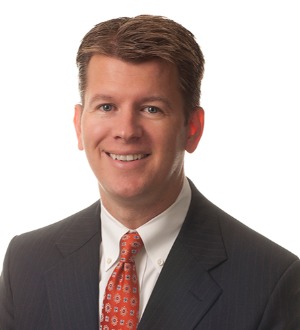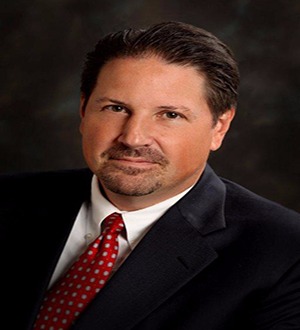Are you employed in a position where you frequently receive tips as part of your pay? If so, make sure you are receiving the total wages you are entitled to and the your employer is paying you according to the federal and state wage laws. In this post, our Ohio wage lawyers explains how your tips earned effect your hourly rate of pay. See more for Ohio Tipped Employee Wage Laws.
Employees are considered tipped employees if they receive more than $30.00 per month in tips. Generally, tips are the property of the employee, and the employer may not take or use the employee’s tips for any reason other than (1) as a “tip credit” against the minimum wage owed to the employee; or (2) as a contribution towards a valid “tip pool.” Your Columbus, Ohio Wage and Hour Lawyers explain these two main exceptions below.
Tip Credit Laws
Under the Fair Labor Standards Act, a tipped employee’s minimum hourly wage is permitted to be substantially lower than the federal minimum wage of $7.25 per hour. In Ohio, tipped employees’ hourly wages can be as low as $4.40 per hour, and an employer may claim a “tip credit” to reduce the hourly wage it is required to pay its tipped employees. If an employee receives tips at work, the employer can claim a tip credit of up to $2.85 per hour (federal minimum wage of $7.25 – Ohio tipped minimum wage of $4.40).
Example: Sue works as a server at a restaurant. Sue’s employer pays her $5.00 per hour, and Sue routinely receives around $10.00 per hour in tips. Sue’s employer can claim a tip credit of up to $0.60 per hour ($5.00 wage – Ohio tipped minimum wage of $4.40) to offset the hourly wage it owes Sue since Sue is also earning money through tips.
Before using a tip credit system, however, the employer MUST inform all tipped employees of the following:
- The cash wage the tipped employee will be paid (at least $4.40 per hour in Ohio);
- The amount the employer is claiming as a tip credit (not to exceed $2.85 per hour in Ohio);
- That the tip credit claimed by the employer cannot exceed the total amount of tips the employee actually received;
- That all tips the employee receives are to be kept by the employee, unless a valid tip pool is used; and
- That the tip credit will not apply to any tipped employee unless the employee is informed of the above rules.
If the employer fails to inform its tipped employees of the above policies, it cannot use the tip credit system and it must pay its tipped employees at least minimum wage for each hour worked ($8.80 per hour in Ohio).
Additionally, if an employer uses the tip credit system, it must ensure the tipped employee’s hourly wage, combined with tips earned, equals at least the federal minimum wage of $7.25 per hour ($8.80 per hour in Ohio). If an Ohio employee’s hourly cash wage combined with tips does not equal at least $8.80 per hour, then the employer must make up the difference.
Tip Pools
Tip pooling is the process by which employees who frequently receive tips, like servers or bartenders, “pool” the total amount of tips received. Tip pooling is permitted under the FLSA and Ohio wage laws, and an employer may require its employees to pool their tips together and redistribute the funds based on a pre-established formula.
However, a valid tip pool may not include any employees who do not typically earn tips, such as cooks or janitors. While employers often utilize both a tip credit system and a tip pool system, an employer may only claim a tip credit on the amount the tipped employee ultimately receives after the tip pool distribution. An employer may not retain any part of the tip pool or otherwise take employees’ tips for any other use.
Example: Bob is a server, Dave is a bartender, and Bill is a server’s assistant at a restaurant. The restaurant uses a tip pool system with the following formula: server’s receive 50% of the total tips, bartenders receive 25% of the total tips, and server’s assistants receive 25% of the total tips. This is a permissible tip pooling system under the FLSA, since all employees involved work in positions that frequently receive tips.
Example: The same restaurant in the above example decides it will now keep 10% of the total tip pool. This is NOT permissible, as the restaurant is taking employees’ tips for a purpose other than claiming a tip credit against payment of the employees’ hourly wage.
If you believe the tipping policies at your place of employment are improper, or if you have other questions related to your wages or employment, please reach out to your Ohio wage lawyers for a free consultation. Our lawyers can answer any questions you have on Ohio tipped employee wage laws.
Wage and Hour Attorneys representing clients in Ohio and New York.





























